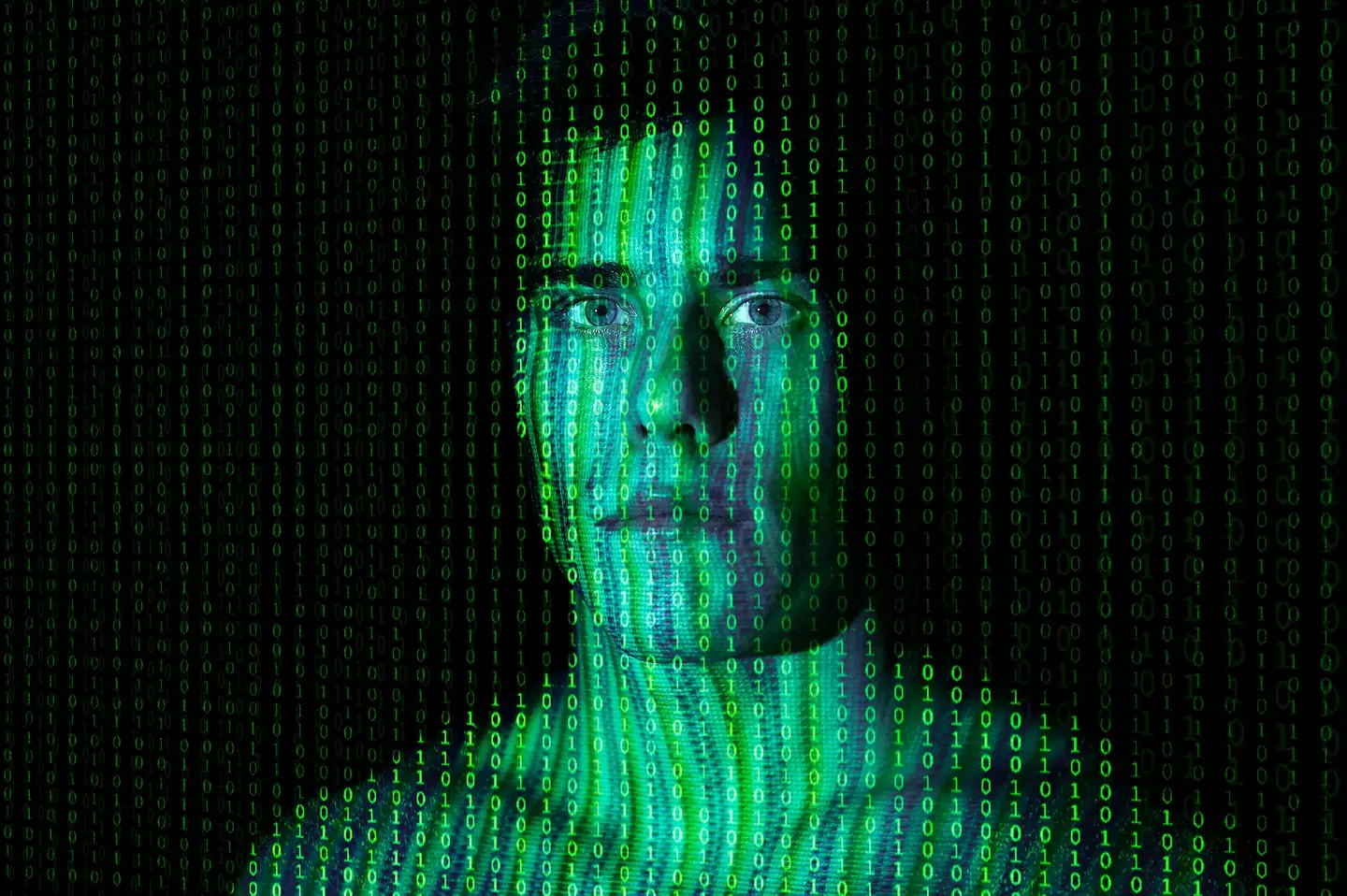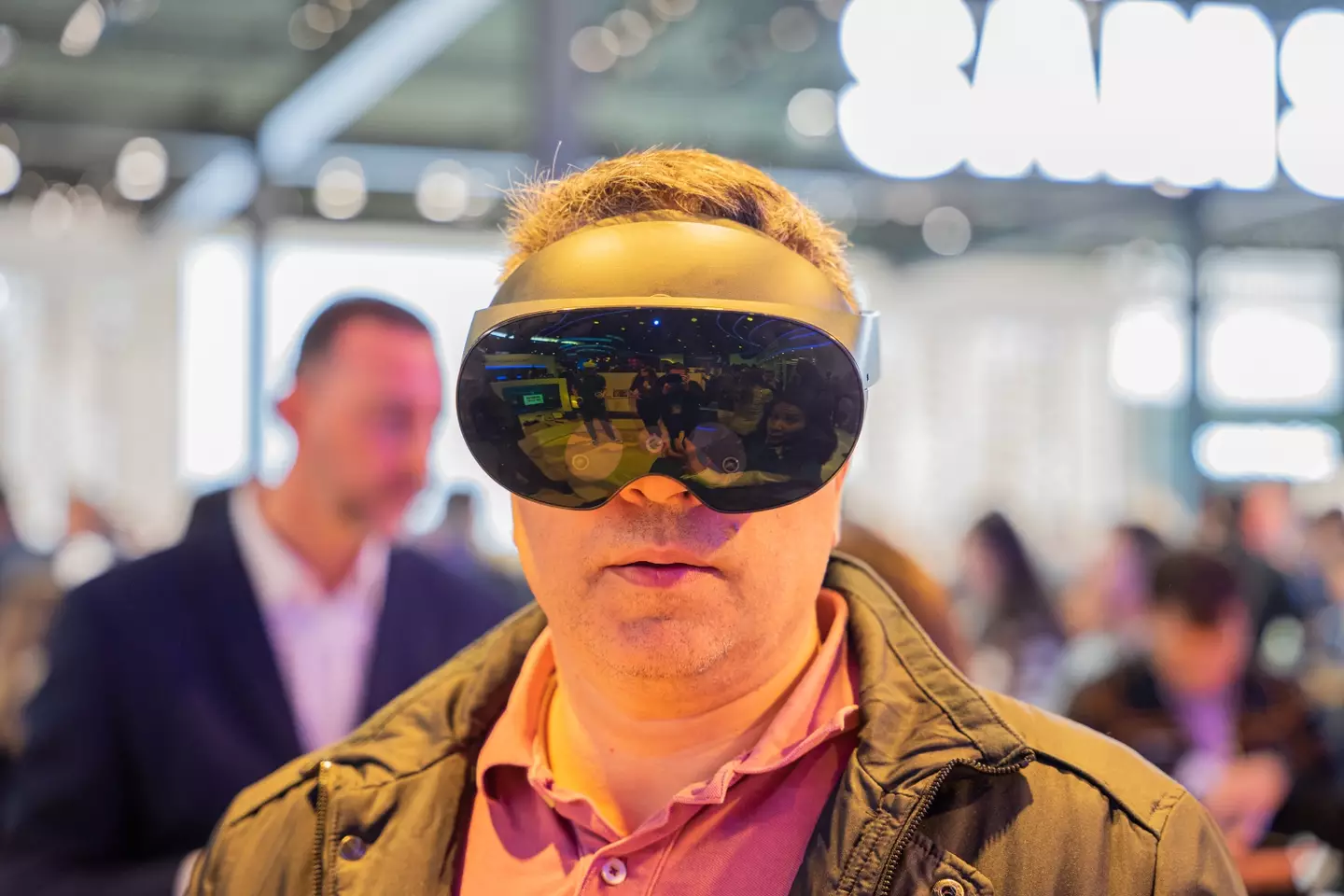
If you've ever questioned your own reality, one researcher is set to blow your mind by suggesting we're all in some big artificial intelligence simulation. Like an unnerving episode of Black Mirror, is everything we think we know really just an AI simulation?
Melvin Vopson, is an associate professor in physics at the University of Portsmouth, suggesting that daily clues are a real indication that we're living in a simulation.
Speaking to the Mail Online, Vopson claims that our reality is a Matrix-inspired creation of some higher being.
There are three theories, with Vopson saying there's the Entertainment Theory, Guinea Pig Theory, and Near-Immortality Theory. The Entertainment Theory suggests we're in a simulation to keep us entertained, while the Guinea Pig Theory claims we're being tested to create a solution to a real-world problem, and the Near-Immortality Theory claims that we're living hundreds of lives back-to-back.
Advert

Vopson says that we all choose to become characters in an 'advanced AI world' at birth: "All these scenarios operate under the control of a master AI, created of course by a future iteration of our civilization."
With a chilling suggestion that 'no one is awake anymore,' Vopson adds: "It is possible that no one is awake anymore and we are trapped in the simulated reality, controlled by the AI."
This 'simulation theory' is already popular with the likes of Elon Musk, who has said the chances that we're living in a 'base reality' that's the real universe instead of a simulated one are only 'one in billions.'
The Wachowskis famously featured human beings enslaved by AI to power its computer in The Matrix, and while we originally thought it was all fiction, it might've been closer to fact than we first thought.
Vopson's research looks at 'experimental and theoretical studies of applied and fundamental physics,' but stresses that the three theories are purely speculation and can't be backed by scientific research.
The idea that reality is a boring world where humans created a more interesting world is an interesting one, but then again, why would we be subjected to mundane tasks like cleaning or even the grind of the 9 to 5? It makes you wonder how boring the 'real' world really could be. Vopson adds: "We created the simulation as a place of entertainment where we can choose to enter (at birth) and experience a whole new life with all the components of it."

In terms of the Guinea Pig Theory, Vopson explains: "'Imagine that our society has a complex issue to solve – environmental, economic, energy crisis, wars.
"If we had the ability, the best way to solve it would be to run a simulation (or multiple parallel simulations) and see what solutions the simulated version of us come up with.
“If any of the simulations crack the problem, then we can adopt it in the base reality as a viable solution."
Finally, the Near-Immortality Theory is also known as the Narnia Theory and posits that the real world is moving much quicker than our reality. Imagine that a mere minute in the real world equals 100 years in the simulation, meaning one lifetime would be akin to 4.2 billion years and we live over 52 million lives in a simulation.
Vopson says that limits on how fast light and sound travel suggest we're being governed by a computer, while the laws of physics are also similar to a computer code. Wildly, he concludes that the simulation hypothesis is written in the Bible